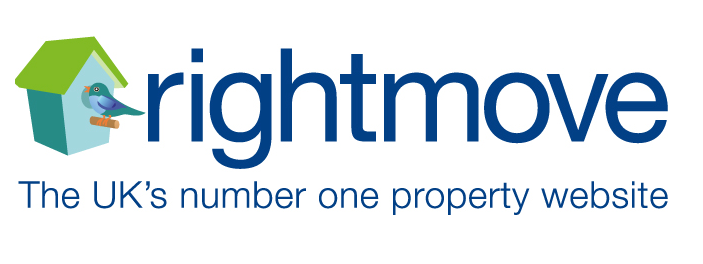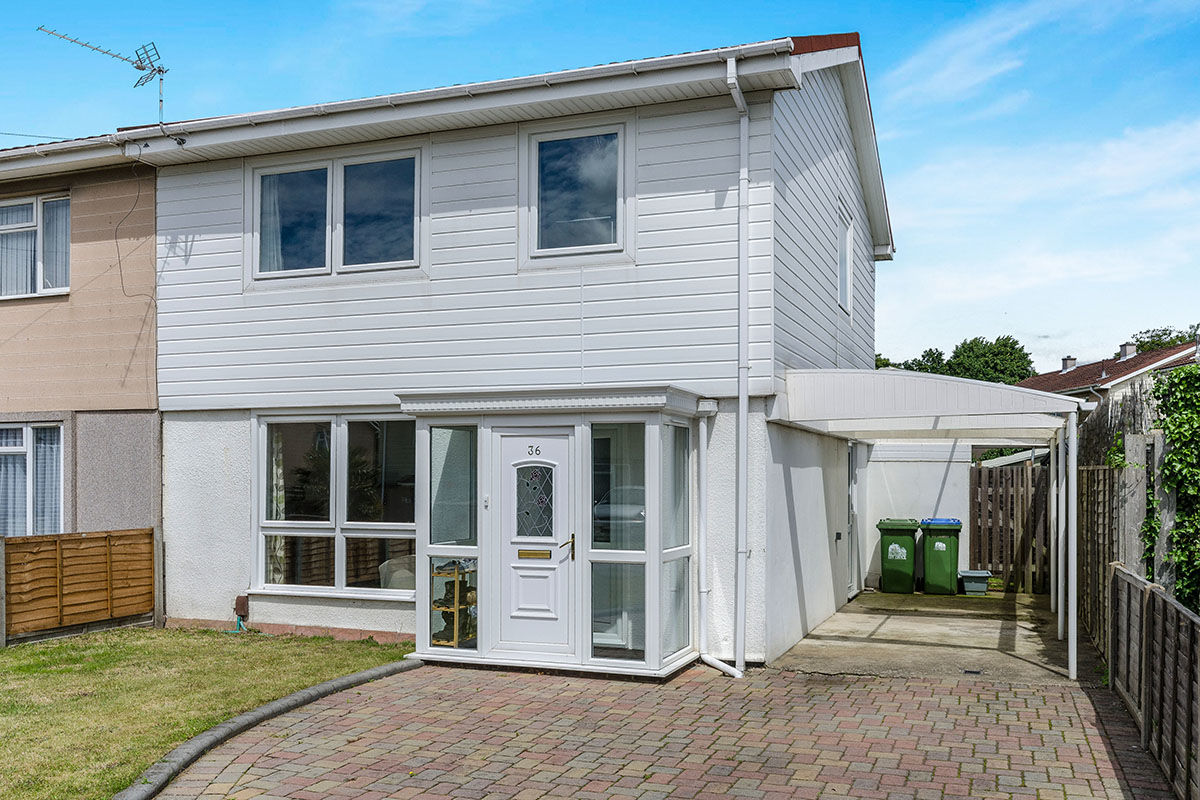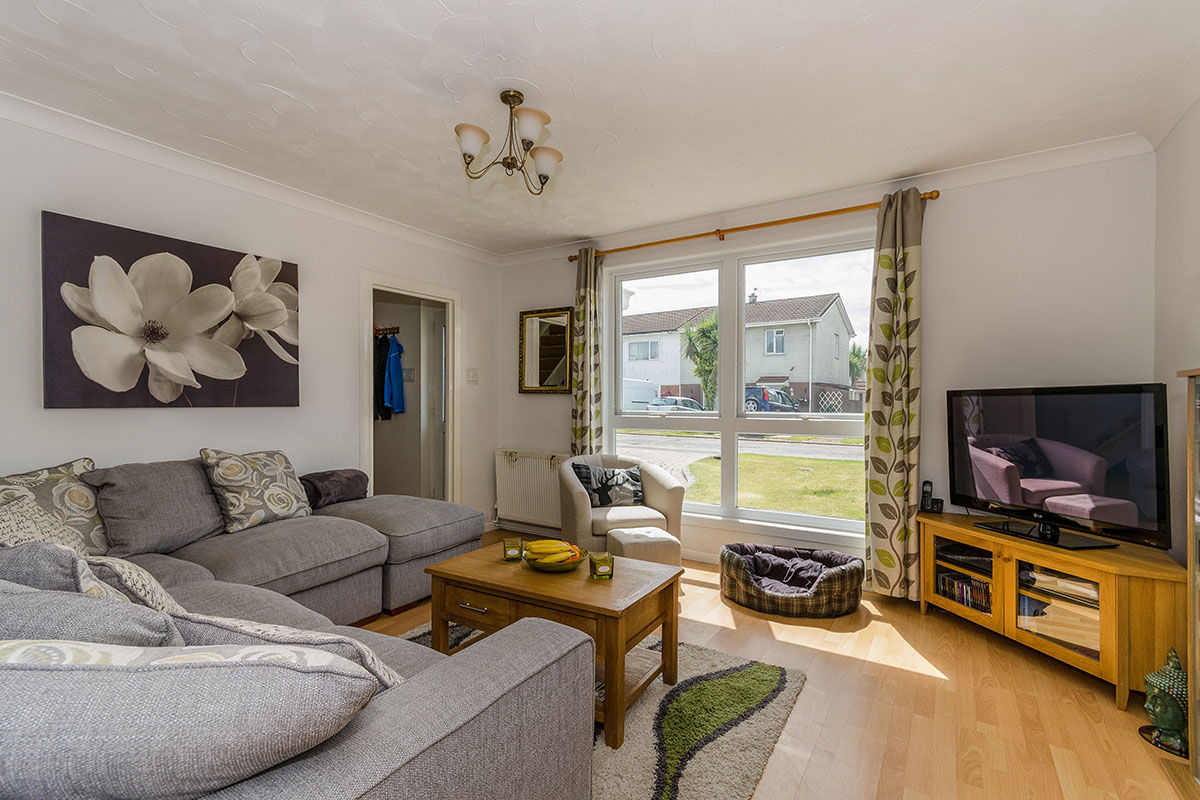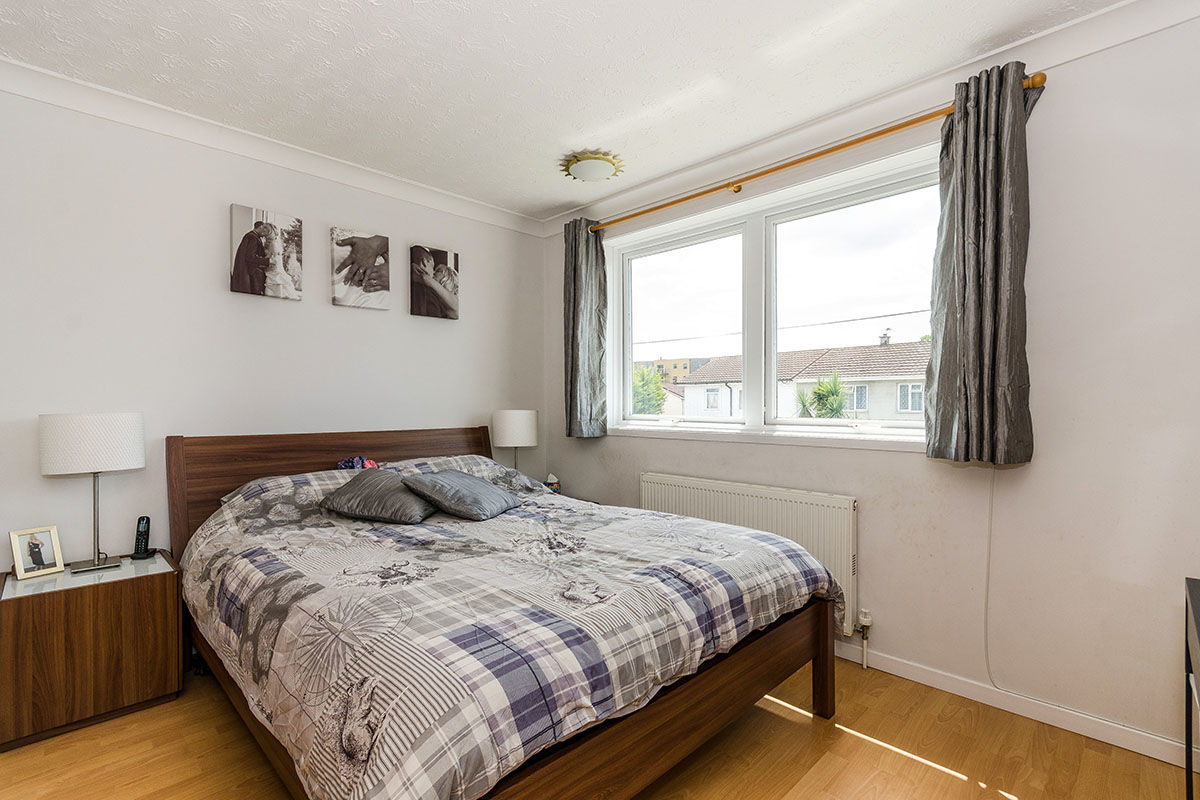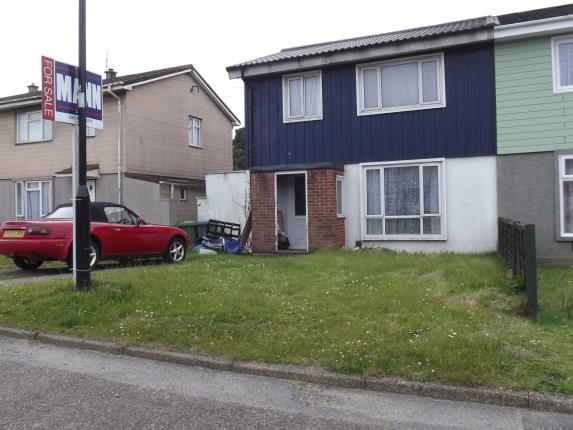The Bank of England says there has been a dip in the housing
market activity after the Brexit referendum result - but transactions have so
far proved to be “resilient” and stronger than some expected.
In a broad-ranging report on the economy since June 23 - the
first of the Bank’s monthly surveys since the Brexit decision - little evidence
was found that investment decisions and wider economic activity had slowed.
“There had been little evidence of any impact on consumer
spending on services and non-durable goods, although there were some reports of
consumers becoming more hesitant around purchases of higher-value goods.”
The Bank of England said its regional agents across the UK had noticed a
“business as usual” response by most companies, despite the initial shock at
the referendum result.
“The majority of firms spoken with did not expect a near-term
impact from the referendum result on their capital spending. But around one
third expected some negative effects over the next 12 months, with reports of a
‘risk off’ approach to expenditures and some imminent plans for spending
slipping” says the report.
Former RICS residential chairman and north London estate agent
Jeremy Leaf responded to the BoE report by saying that “on the ground we have
seen determination on behalf of people to negotiate hard and a new sense of
realism emerge.”
https://www.estateagenttoday.co.uk/breaking-news/2016/7/bank-of-england-says-housing-transactions-resilient-despite-brexit
If you are a landlord or thinking of becoming one for the first time and you want to read more articles like this about the Southampton Property Market, together with regular postings on what I consider the best buy to let deals in Southampton (out of the many of properties on the market, irrespective of which agent is selling it) then feel free to get in touch.
If you are looking for an agent that is well established, professional and communicative, then contact us to find out how we can get the best out of your investment property.
Email me on brian.linehan@belvoirlettings.com or call on 023 8001 8222.
Don't forget to visit the links below to view back dated deals and Southampton Property News.
Twitter, https://twitter.com/sotonbelvoir
LinkedIn, https://www.linkedin.com/in/brianlinehan
LinkedIn, https://www.linkedin.com/in/brianlinehan

